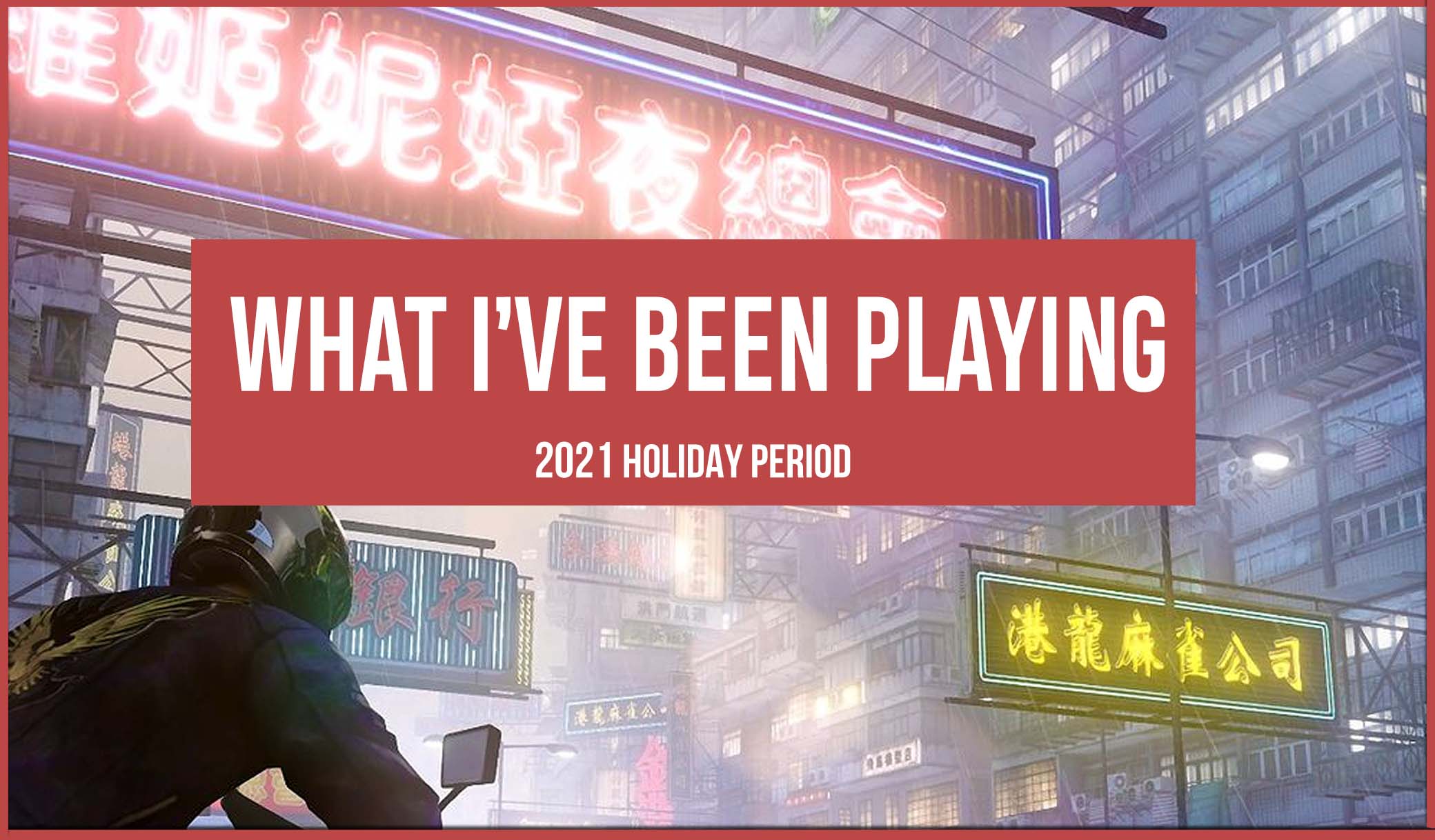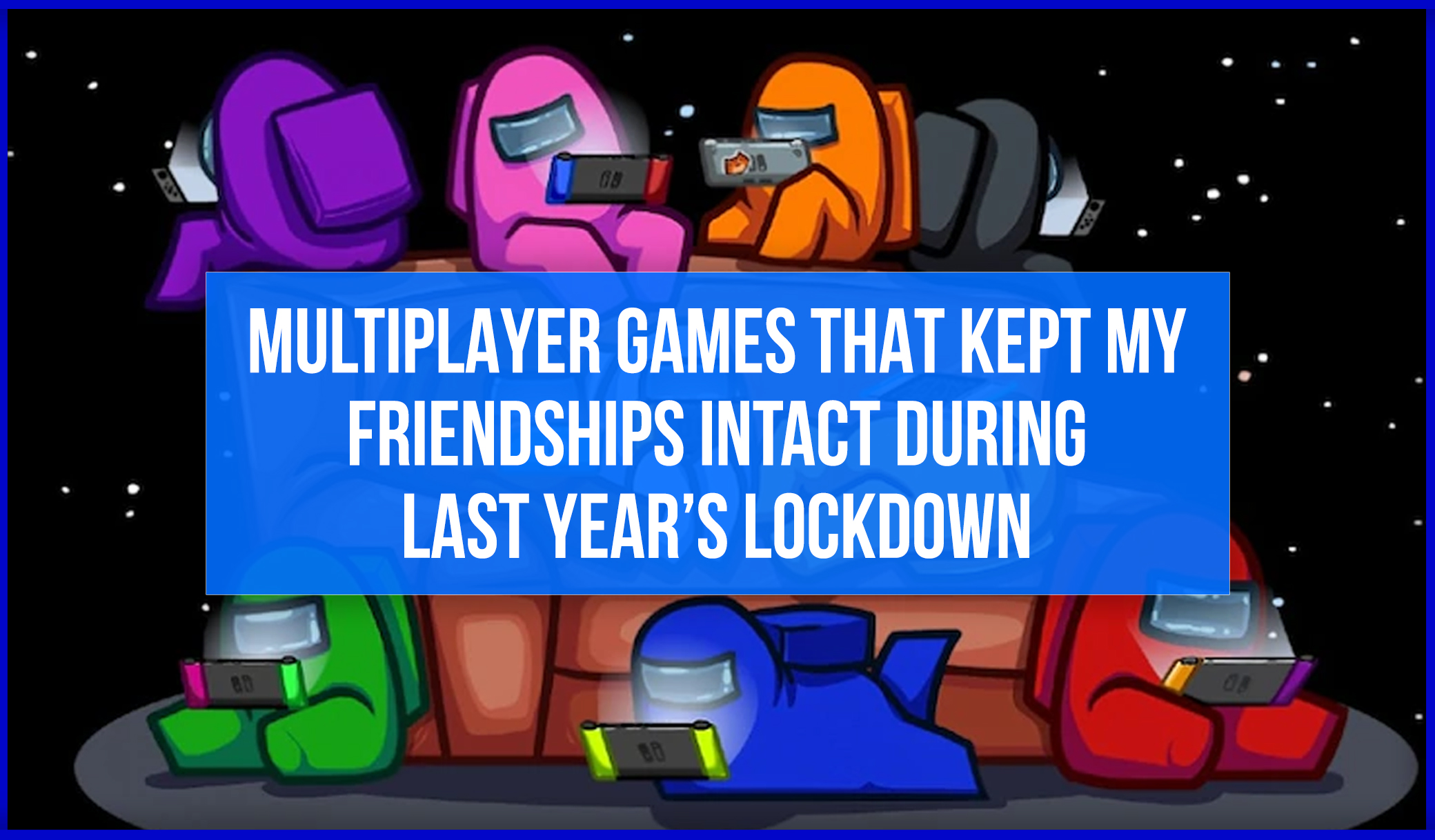Nostalgia seems to be all the rage at the moment. From TV Shows, to movies, to music and even fashion. It seems like everyone wants to escape the grim present, and go back to relive the past. And games are no exception to this. Recently, more and more remasters and remakes have been hitting the shelves, often to mixed reviews. So, what is the purpose of remakes and remasters? Are they just a fun way to relive your childhood, or a mindless cash grab from publishers? This post aims to explore game remakes and remasters, and whether they are good for consumers and the gaming industry at large.
The Point of Remasters/Remakes
The first time I paid attention to game remakes and remasters, was back in 2016 with the release of Ratchet & Clank for the PS4. This game was a reboot of the first game in the original Racket and Clank series. After this game, it seemed like every six months a new remaster or remake was being announced. Crash Bandicoot N’ Sane trilogy followed the following year, then the remade Spyro Reignited Trilogy in 2018. There were dozens more scattered throughout these years too, like Doom (2016), Shadow of the Colossus and numerous Pokemon games.
So why do companies remake/remaster games? Some of the time, it’s due to the game being quite old. The goal of the remaster/remake in this instance, is to update them with modern graphics and game play. Games like Doom (2016) really benefited from a remake. This was due to the original being so old that many newer gamers wouldn’t even try it anymore. Rebooting games like this gives new people a new entry point to the franchise. Additionally, it also provides older fans a way to jump back into a series they loved in their youth. Remasters are also great in this regard, because unlike remakes, they don’t reboot anything. Remasters tend to appeal to the original players a lot, as they can return to the nostalgia of a game they love with flashy new controls and graphics.
On the flip side though, it would be naive to not consider they are often just easy investments for companies. Nostalgia is a very good marketing tool, and making a remaster or remake, basically guarantees profit, no matter the quality. As Mark Hill points out in his article on Video Game Nostalgia, “When budgets are hundreds of millions of dollars it’s difficult to justify bold new ideas”. This is especially the case when people are happy to pay for a remastered version of a game they have already played. Hill points out that in 2015, majority of the games that came out were remasters or remakes. One of the games that weren’t that year, was The Order: 1886, which was very negatively received. So, it’s easy to see how companies would push for remakes or remasters over the risk of a new I.P, which sadly, may ultimately bomb.
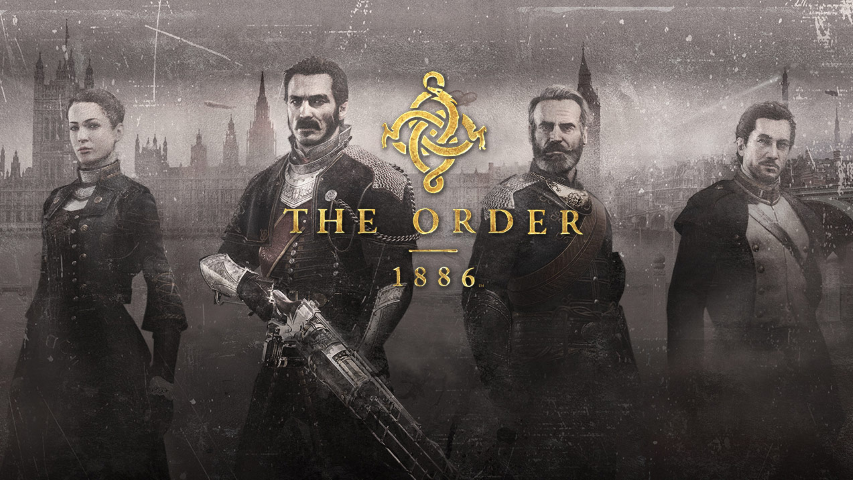
The Appeal
Alyse Knorr argues in her article, Why Nostalgia For Video Games is Uniquely Powerful, that it’s clear remakes and remasters resonate with people on a deep level. Knorr issues that one of the reasons people yearn for games from their past is the, “pain of transition”. This refers to the deep desire for reliving a time when things were simpler. Additionally, the quality of the game itself isn’t necessarily the biggest factor of whether people will be interested in it. Knorr says, “what’s important is not the game’s quality, but the feeling you get playing it”. This reinforces that people love the comfort and familiarity of revisiting these games.
Games such as the Crash Bandicoot N.Sane Trilogy, Spyro Reignited and the recent Resident Evil 2 remake are just a few examples of highly successful and critically acclaimed remakes/remasters. It’s really no wonder so many companies keep remaking/remastering their games for this sort of guaranteed audience.
Nick Maillet in his article on Why Nostalgia in Games is so Effective, explains why these games are so appealing. They point out that these nostalgic games trigger the reward center of our brains. Maillet argues that these games are trying to, “make us establish a deeper emotional connection with a new product”. These nostalgic remakes and remasters are so appealing to us, because of how connected to them we were before. Maillet also compares nostalgia to cigarettes in the way these games can act as a coping mechanism of sorts.
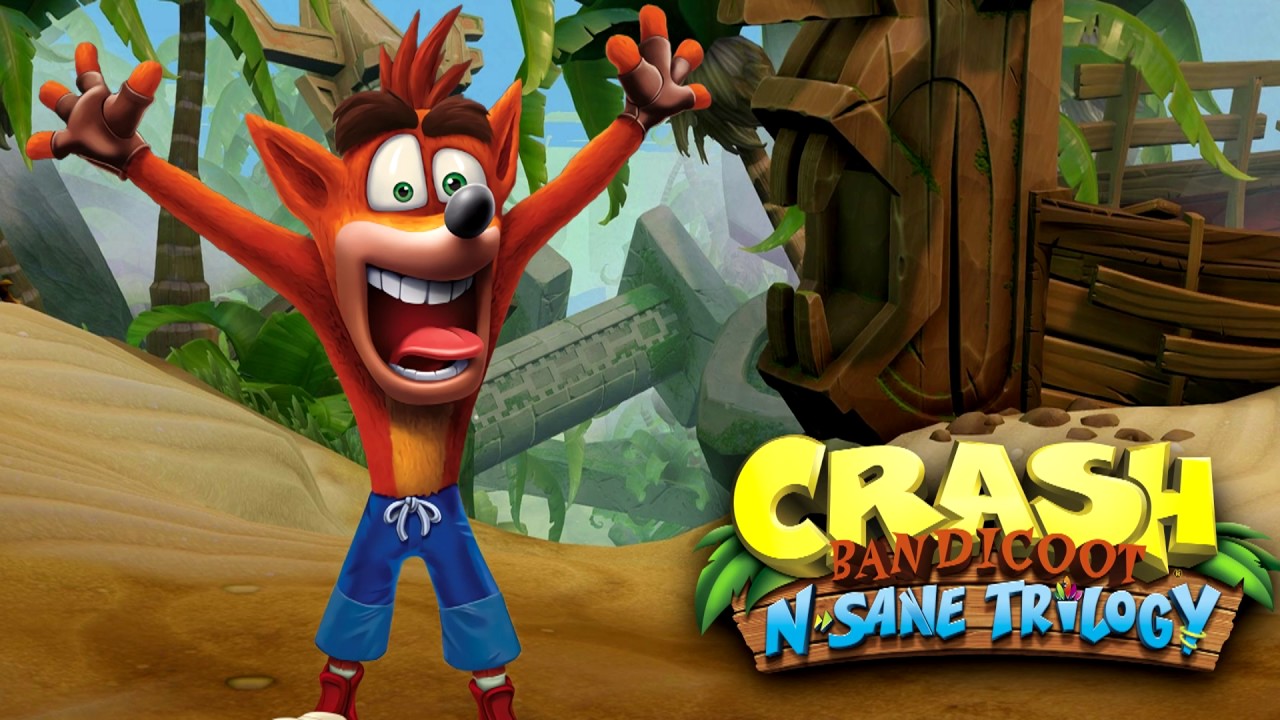
Are they just a cash grab?
In contrast though, it’s hard to ignore the feeling that these games are just brought out as a quick cash grab. After all, they don’t always require the studio to do all the extra work of creating a brand new game. They are also assured sales due to the attachment people have for the product already, as discussed prior.
However, some remasters and remakes are so awful it makes you wonder what the true intentions of the remake/remaster was. The first remake that comes to mind is the recent Warhammer 3: Reforged remake. This remake is prime example of how to not remake a game, and it still holds the title of the lowest ranked game on Metacritic. Seeing a remake as phoned in as Warhammer 3: Reforged was, does make you question the intentions of these remakes. Whether they are being done for the fans of the games, or just because it will make company money.
Moreover, remakes and remasters can also be bad for the creativity of games going forward. Jon Irwin in their article about the Disingenuous Nature of Nostalgia, issues that remakes and remasters essentially stall creativity. Irwin states, “What should be linear becomes circuitous. Momentum stalls”. Irwin’s point is that by rehashing so many games, there is a concern for games going forward. Will every game just become remake after remake after a while, if companies find it’s more financially viable?
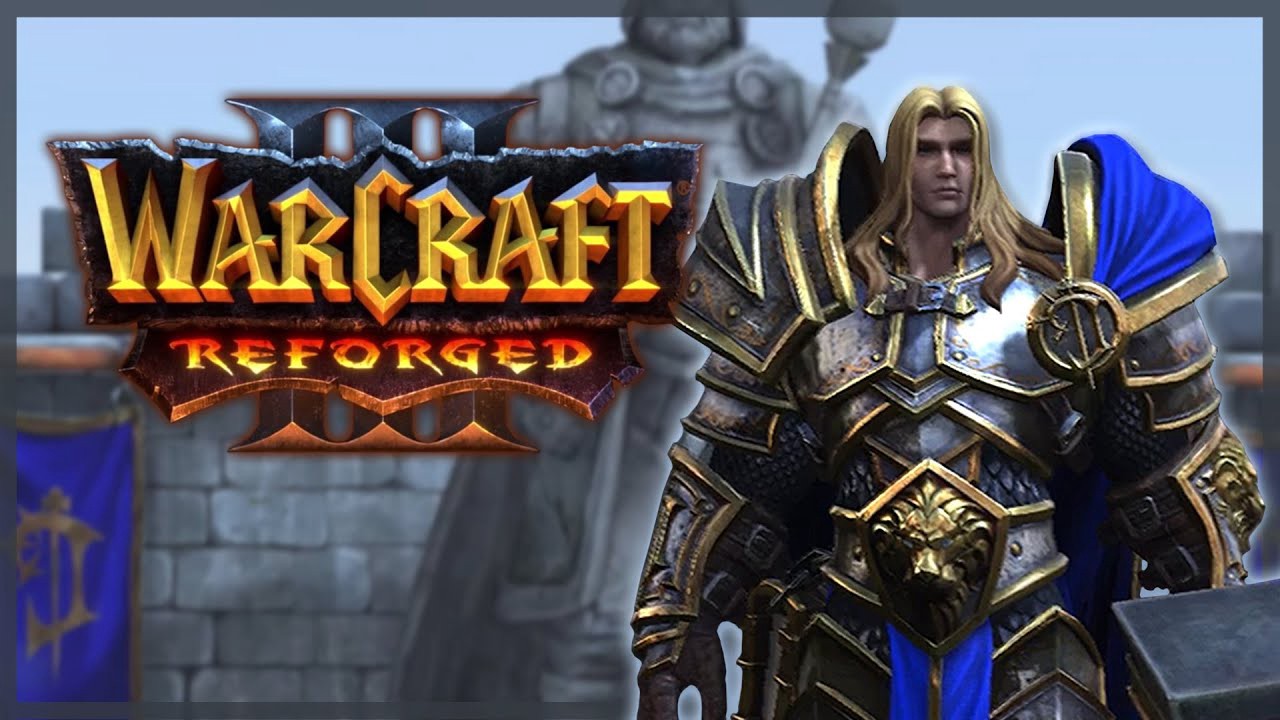
The Verdict
Maillet puts it best in my opinion. They state, “it’s always good to be aware of what nostalgia really is and, in regards to gaming, if it’s being used to sell you something”, and this extends to all sorts of nostalgia media also. While game remakes and remasters are good, it’s not really paving the way for the future of gaming. It’s important to remember that a part of remakes and remasters, will always be cash grabs. They are overall good investments for companies due to the knowledge that their dedicated fan bases will buy it. The concern comes then, from companies who see only the dollar signs and not the love their fans have for their games. Just remember, a quick stroll down memory lane can be fun, but that’s all it should be, a quick stroll. You can’t properly move forward, if you’re living in the past.
If you want to read more long form posts like this one, check them out here!
SOURCES: https://www.kotaku.com.au/2019/02/why-nostalgia-for-video-games-is-uniquely-powerful/ https://variety.com/2019/gaming/columns/digital-rituals-nostalgia-1203111759/ https://techraptor.net/gaming/features/buying-happiness-nostalgia-games-effective https://www.theatlantic.com/entertainment/archive/2015/11/nostalgia-video-games/416751/ https://www.thethings.com/video-game-remakes-worst-best-metacritic/ https://sea.ign.com/ps4/159615/news/top-10-remarkable-video-game-remakes-of-all-time

